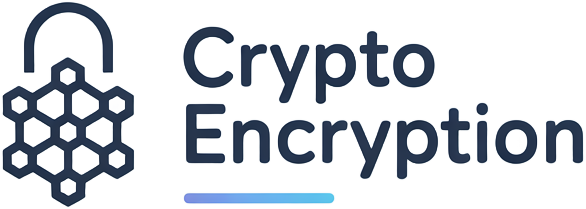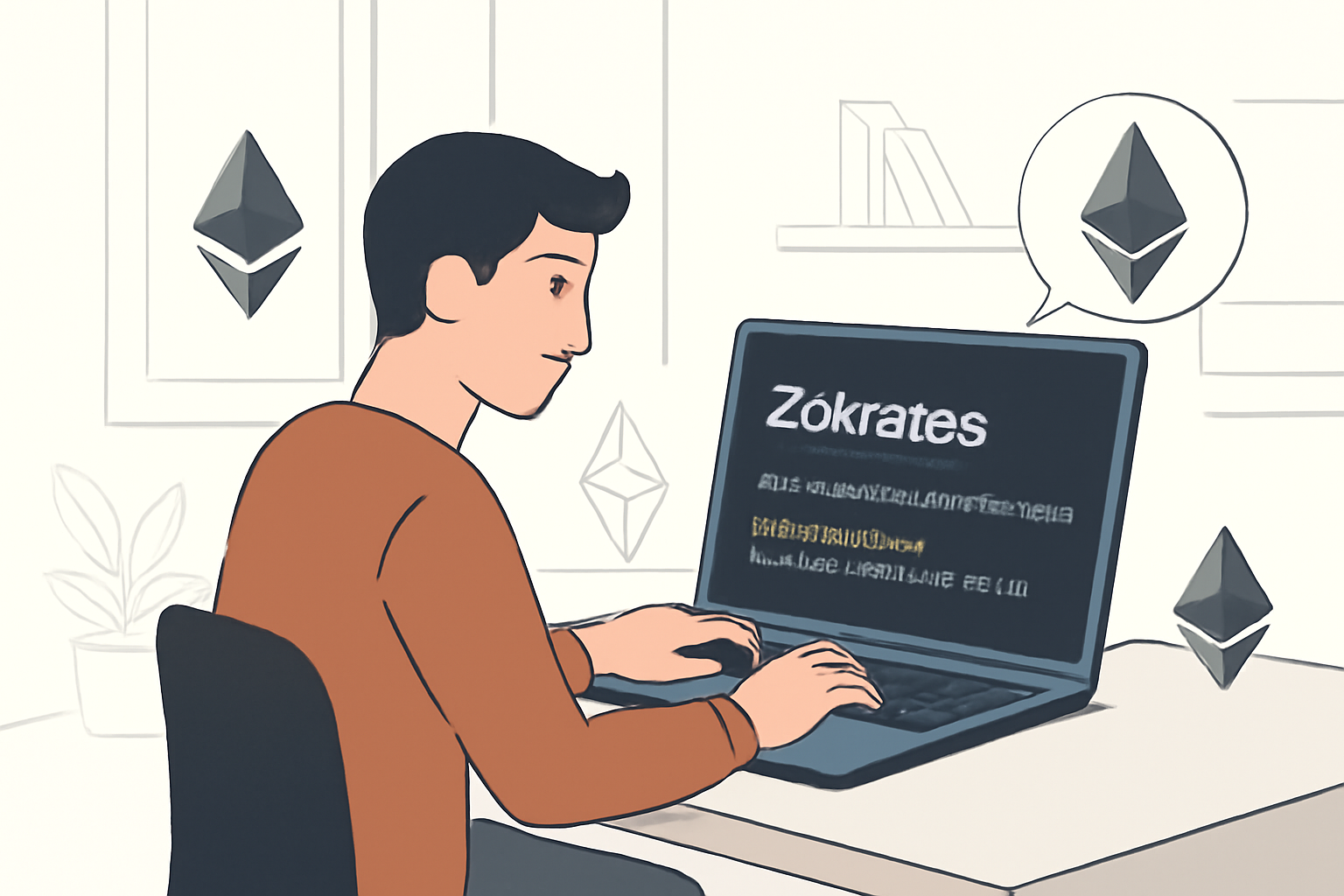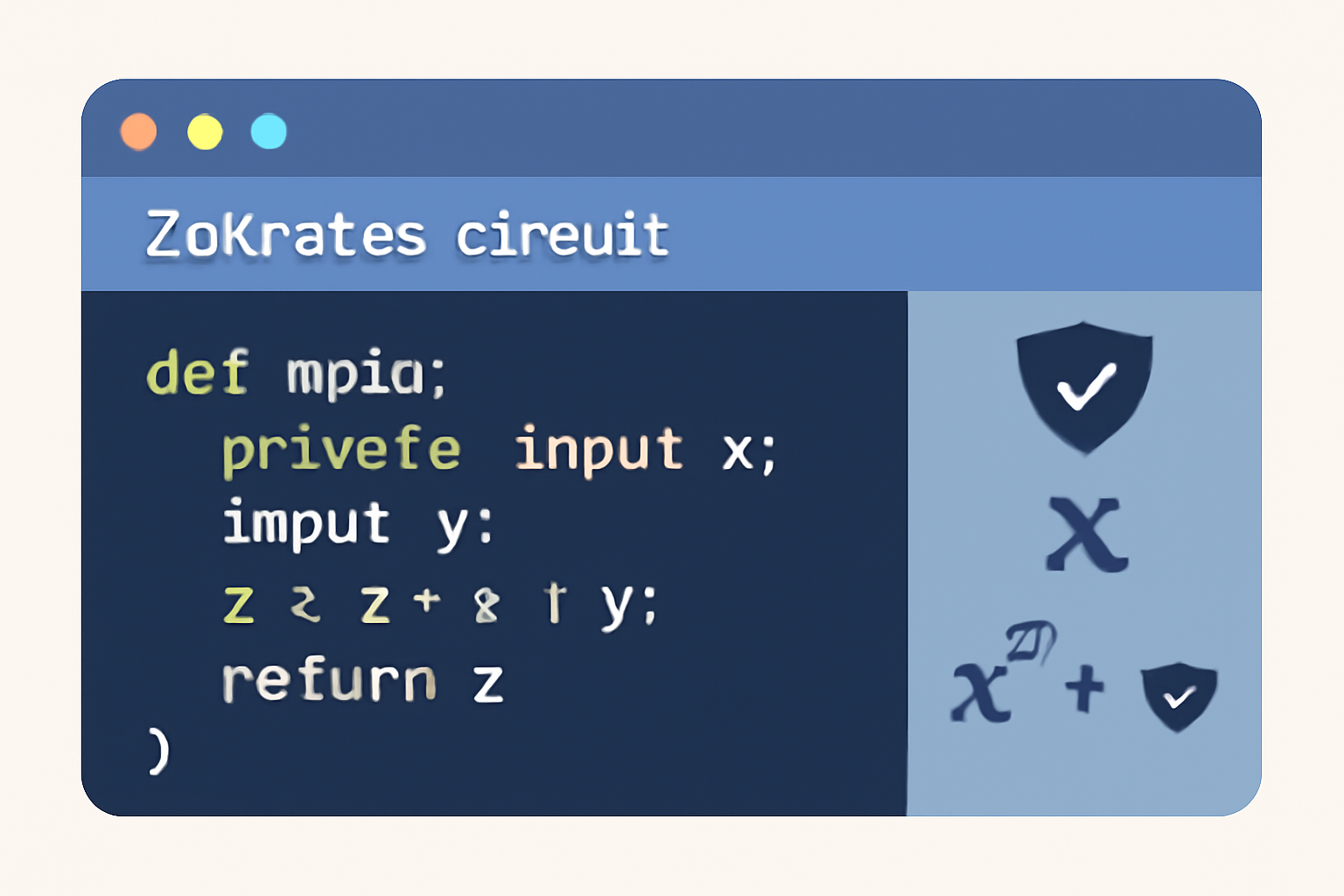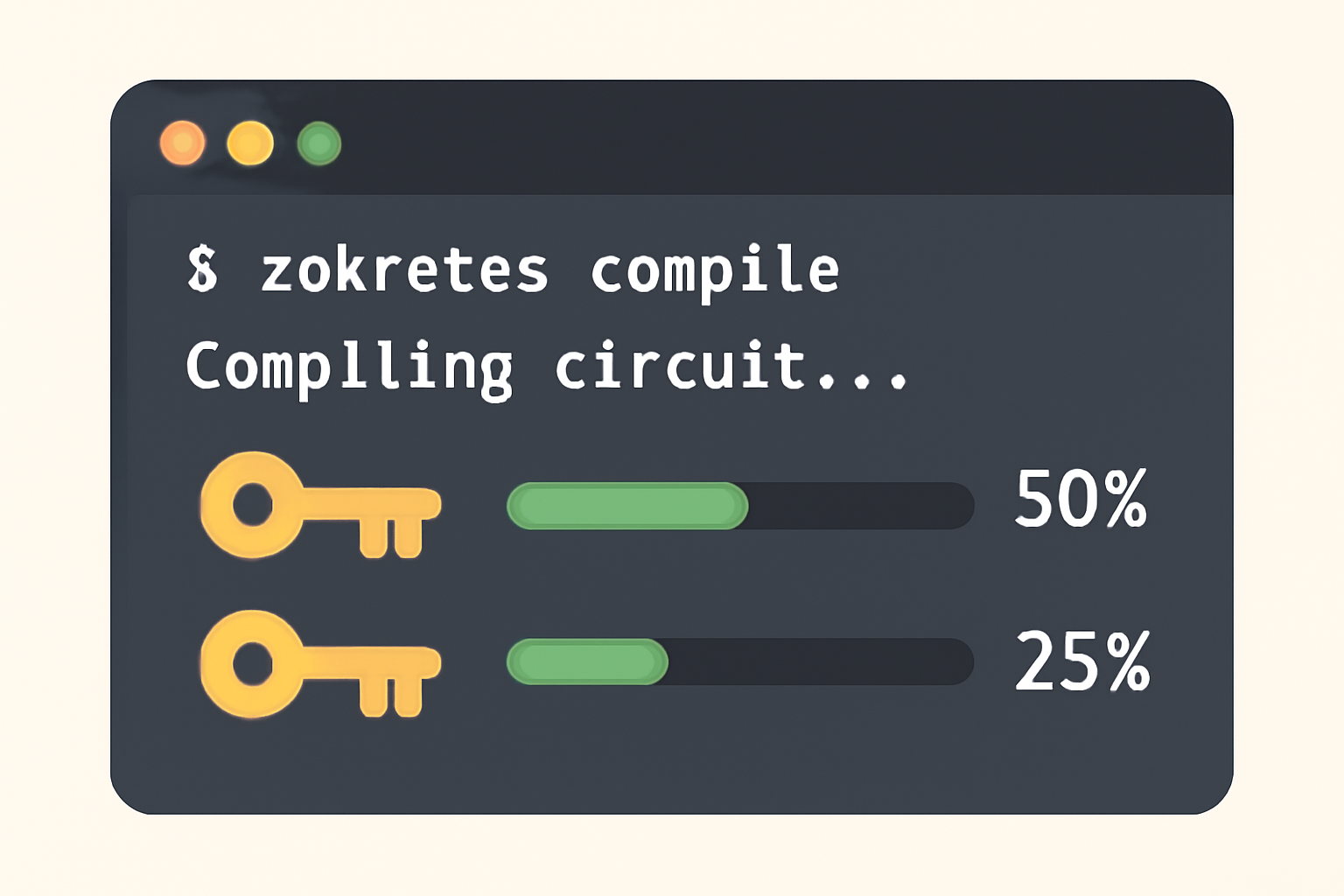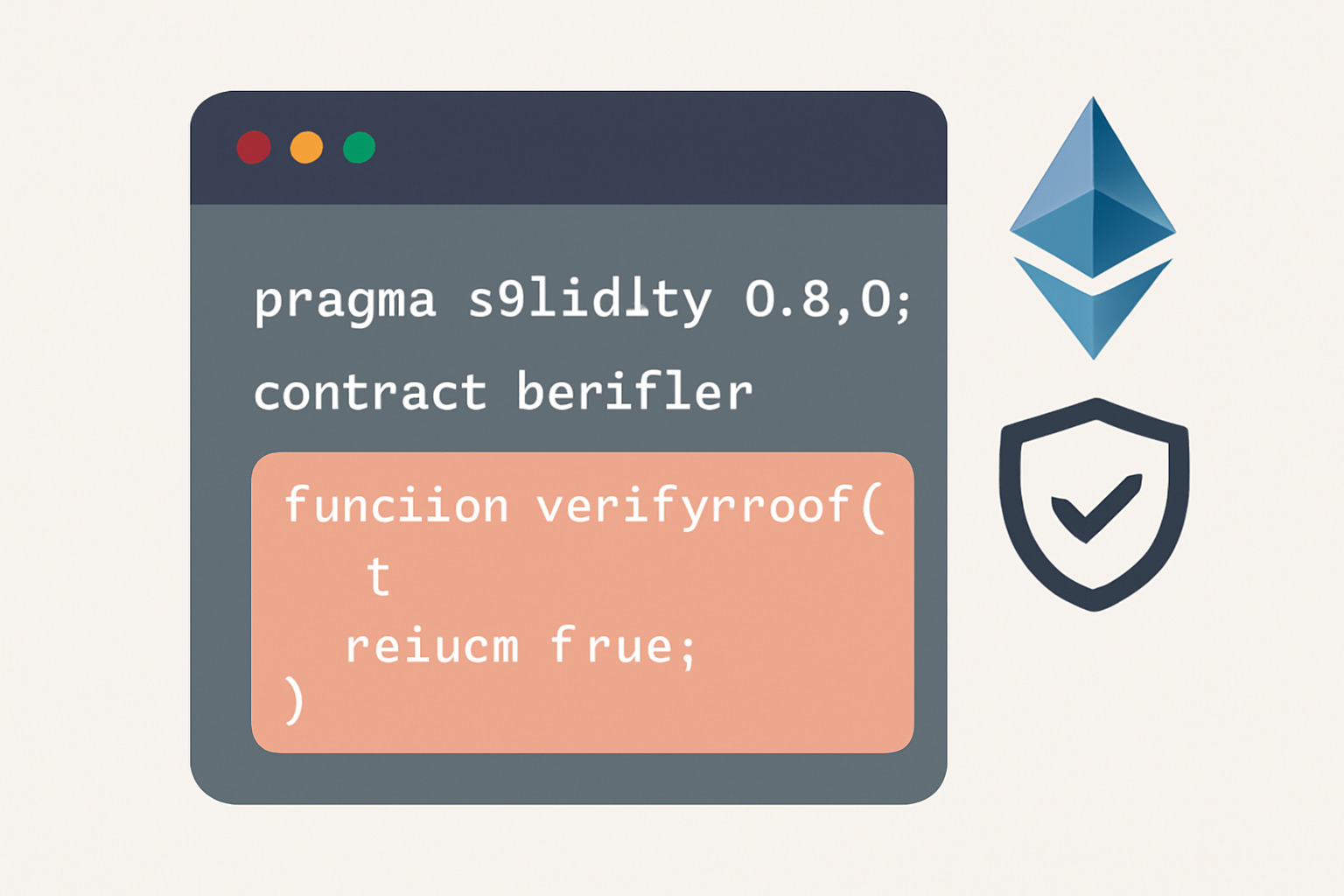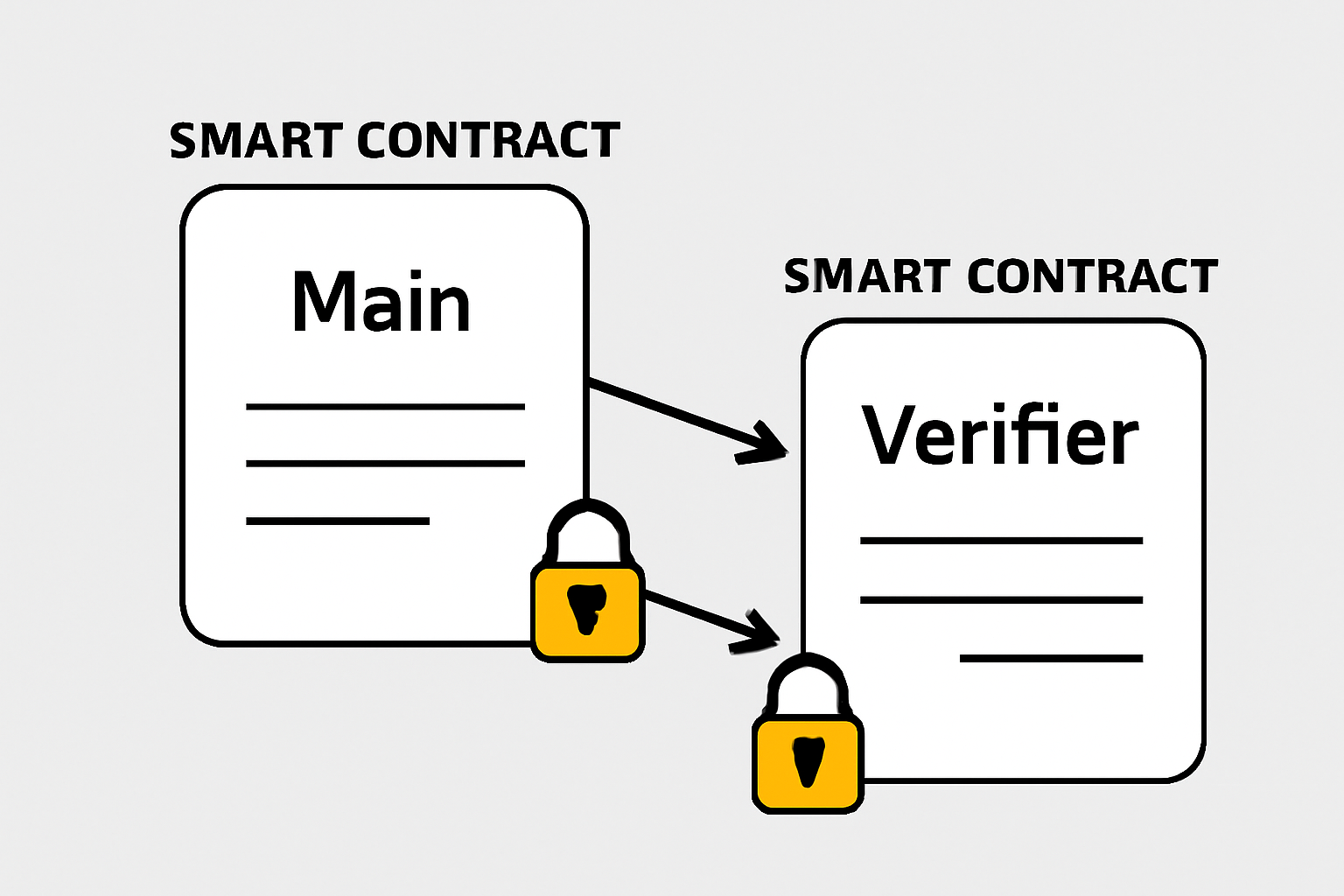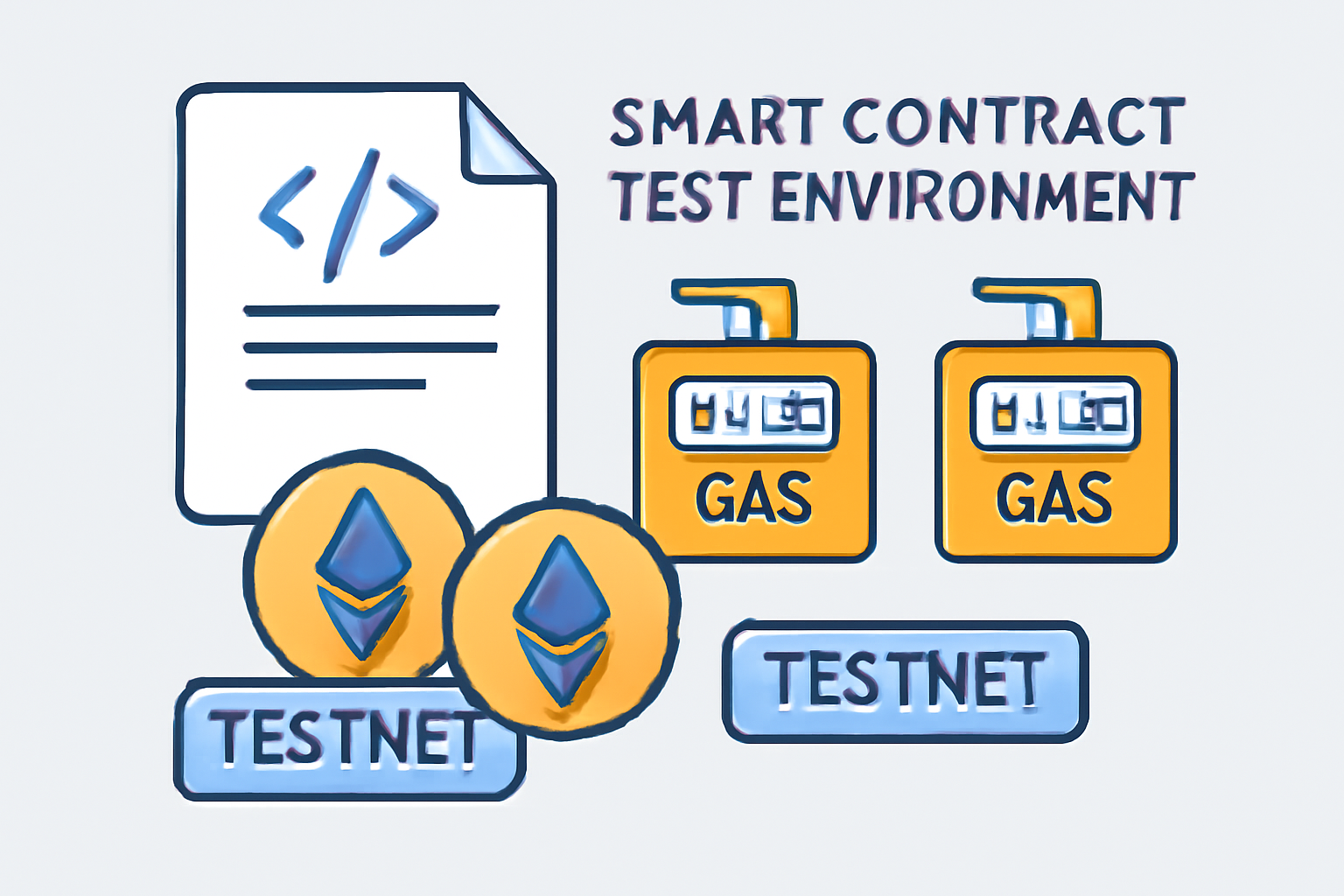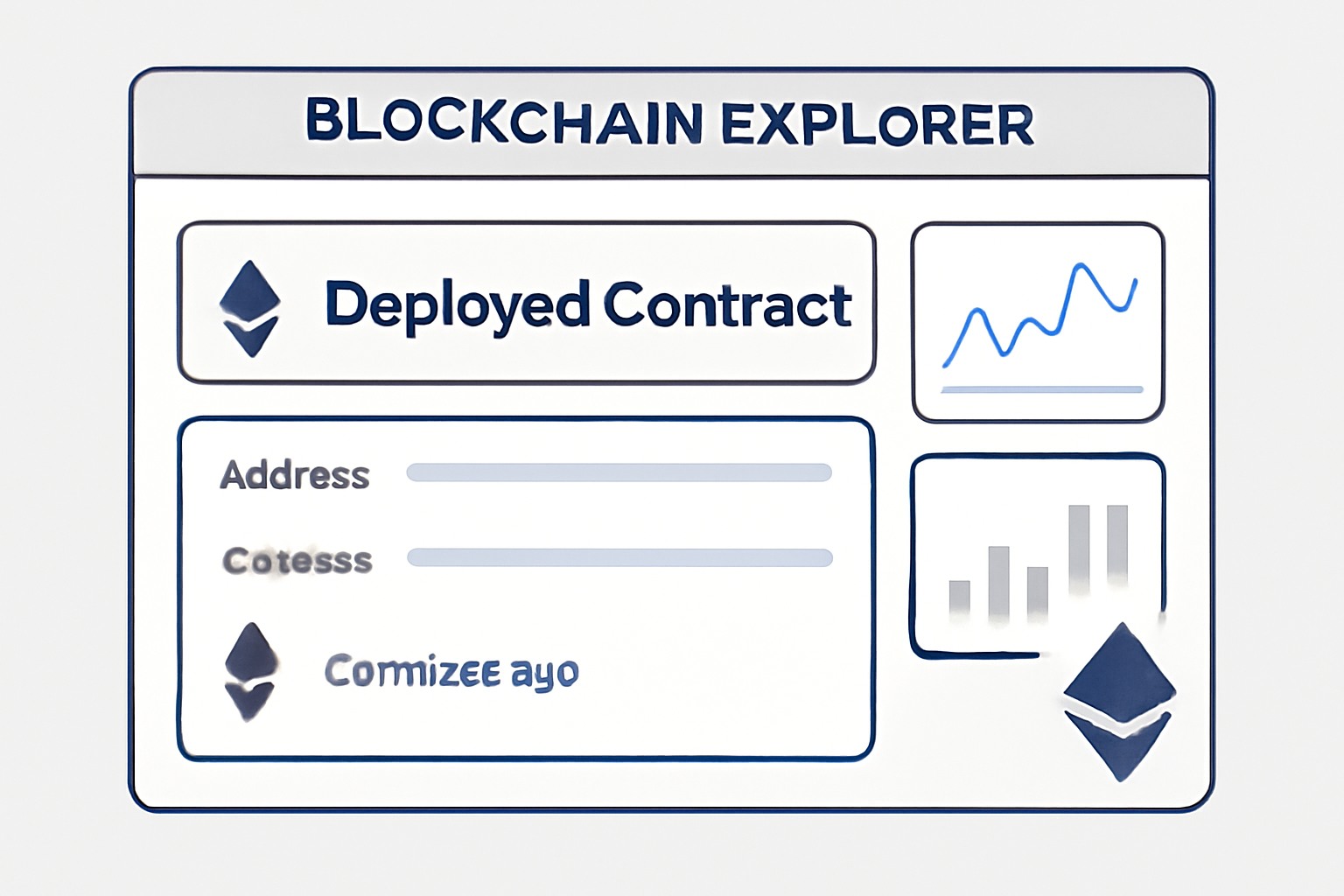
Encrypted smart contracts are fast becoming a cornerstone of blockchain privacy, enabling confidential transactions and data handling on public ledgers. As Ethereum’s price hovers at $3,962.99, the demand for robust privacy solutions is intensifying, especially as enterprise adoption and regulatory scrutiny increase. Among the most promising technologies powering privacy smart contract development on Ethereum are zk-SNARKs (Zero-Knowledge Succinct Non-Interactive Arguments of Knowledge). These cryptographic proofs allow one party to prove knowledge of specific information without revealing the information itself, a breakthrough for confidential transactions on blockchain.
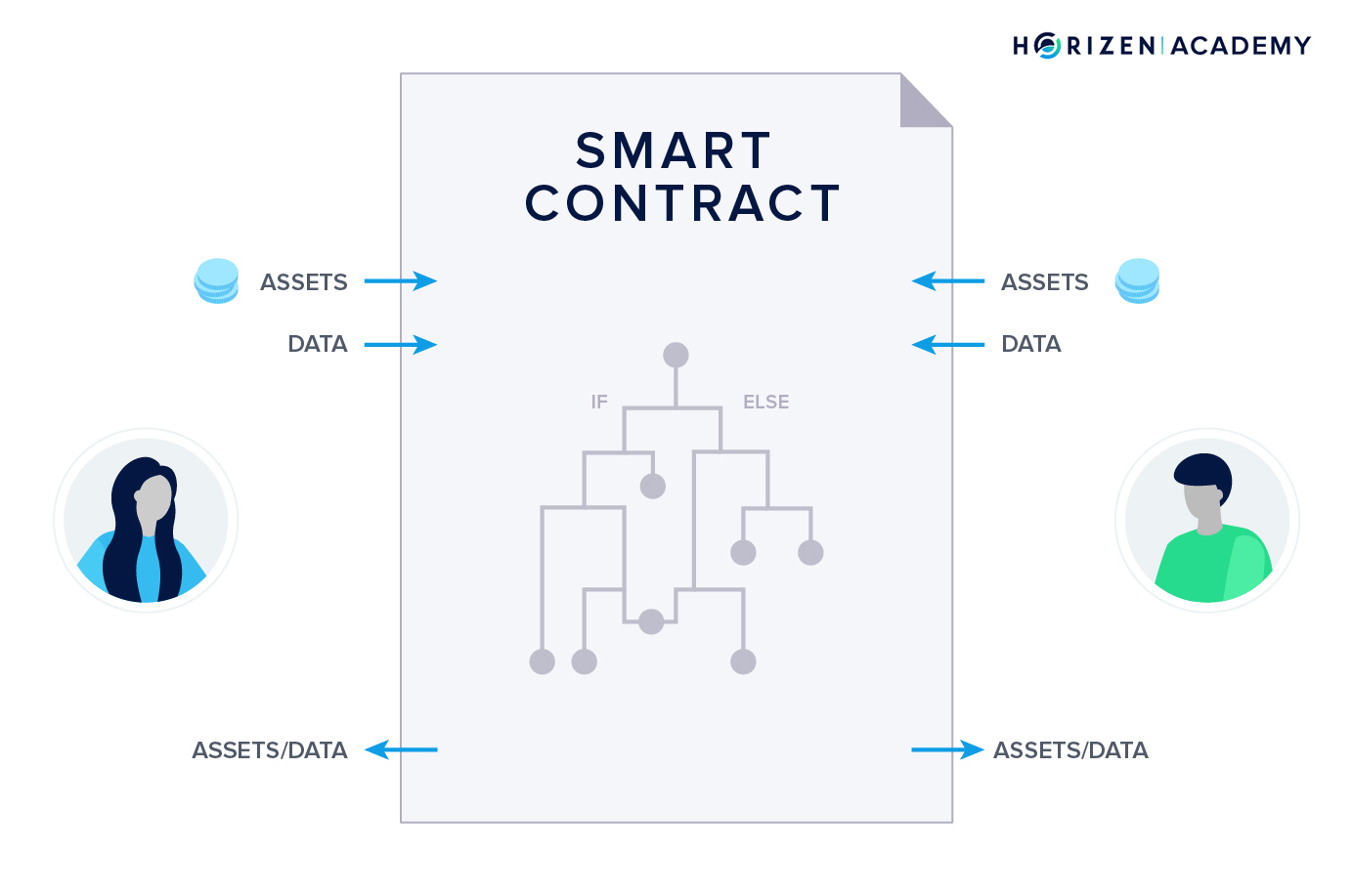
Understanding zk-SNARKs in the Ethereum Ecosystem
At its core, a zk-SNARK enables private verification: you can prove that a statement is true (for example, that you possess a secret key or that a transaction is valid) without disclosing the underlying data. Ethereum’s integration of zk-SNARKs is evolving rapidly, with use cases ranging from privacy-preserving token transfers to shielded voting systems and confidential DeFi protocols.
However, integrating zk-SNARKs with Ethereum smart contracts presents unique challenges. The computational intensity of proof generation and the gas costs for on-chain verification are non-trivial. For instance, verifying a single zk-SNARK proof on Ethereum typically consumes around 500,000 gas, which directly impacts transaction fees and scalability. Despite these hurdles, zk-SNARKs remain central to Ethereum privacy solutions, especially as zero-knowledge rollups and private dApps gain traction.
Step-by-Step: Implementing zk-SNARKs for Encrypted Smart Contracts
To harness zk-SNARKs for encrypted smart contracts on Ethereum, developers typically follow a structured workflow. The process can be distilled into several critical stages:
- Set Up Your zk-SNARKs Toolchain: The most popular framework is ZoKrates, which provides a high-level language for defining zero-knowledge circuits, as well as tools for proof generation and Solidity verifier contract creation.
- Design Your Confidential Logic: Define the computation or statement you want to prove privately (e. g. , verifying a user’s balance or eligibility without revealing their account details).
- Write the Circuit: In ZoKrates, write the circuit that models your confidential logic. This circuit is compiled to generate the proving and verification keys.
- Trusted Setup: Perform the trusted setup ceremony to generate the public and private parameters required for zk-SNARKs. This step is critical for security and should be conducted with utmost diligence.
- Proof Generation: Off-chain, users generate zk-SNARK proofs using the private parameters. Only the succinct proof is submitted to the Ethereum smart contract.
- On-Chain Verification: The Solidity contract uses the verification key to check the proof’s validity, granting access or executing logic without ever seeing the sensitive input data.
For developers seeking a hands-on approach, ZoKrates offers extensive documentation and community support, making it a leading choice for privacy smart contract development. As with any cryptographic system, rigorous testing and code audits are essential to minimize vulnerabilities and ensure confidentiality guarantees.
Market Context and Scalability Considerations
With Ethereum currently trading at $3,962.99 and daily volatility underscoring the importance of secure contract protocols, scalability and gas efficiency are paramount. The high gas costs associated with zk-SNARK verification necessitate careful contract design and optimization. Emerging solutions like zero-knowledge rollups are addressing these pain points by batching proofs and reducing per-transaction costs.
As the privacy landscape matures, expect to see further innovations in both protocol-level enhancements and developer tooling for encrypted smart contracts. Staying informed about the latest frameworks and best practices is crucial for anyone serious about building confidential transactions on blockchain.
Security does not end at implementation. Developers must remain vigilant about evolving attack vectors and ensure that their privacy smart contracts remain robust as the Ethereum ecosystem changes. This is especially true as the network’s value and complexity grow, at a current price of $3,962.99, even minor vulnerabilities can have outsized financial consequences.
Best Practices for Privacy and Gas Optimization
To maximize both privacy and efficiency in encrypted smart contracts, consider the following strategies:
- Minimize On-Chain Computation: Keep confidential logic off-chain wherever possible, submitting only the zero-knowledge proof for on-chain verification.
- Reusable Verification Contracts: Deploy reusable verifier contracts to avoid redundant code and reduce deployment costs.
- Batch Proofs with Rollups: Leverage zero-knowledge rollups to aggregate multiple proofs, significantly lowering per-transaction gas expenditure.
- Avoid Overly Complex Circuits: Simpler circuits mean faster proof generation and smaller gas requirements for verification.
These best practices not only improve performance but also future-proof your privacy smart contract development as zk-SNARKs Ethereum tooling matures.
Real-World Use Cases for Encrypted Smart Contracts
The utility of zk-SNARKs extends beyond shielded token transfers. Here are some of the most impactful applications in today’s blockchain landscape:
Leading zk-SNARK Privacy Protocols on Ethereum
-
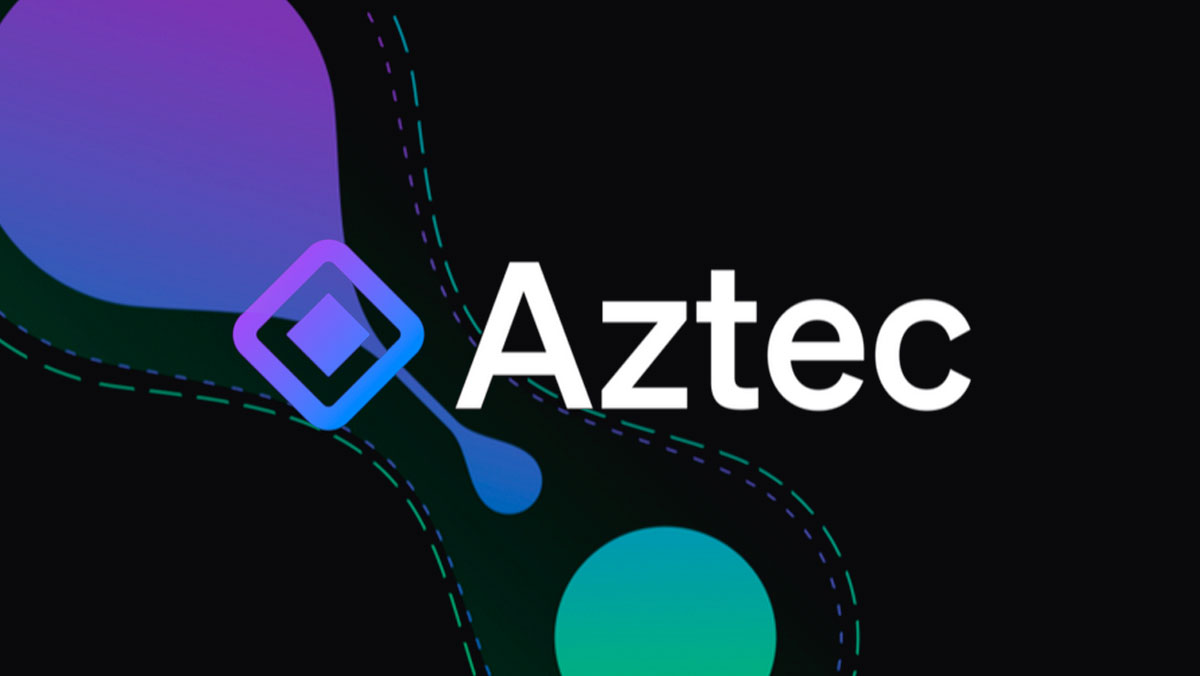
Aztec Protocol: A privacy-focused protocol on Ethereum that uses zk-SNARKs to enable confidential transactions and shielded smart contracts. Aztec 2.0 supports private DeFi interactions and has been used to power platforms like zk.money.
-
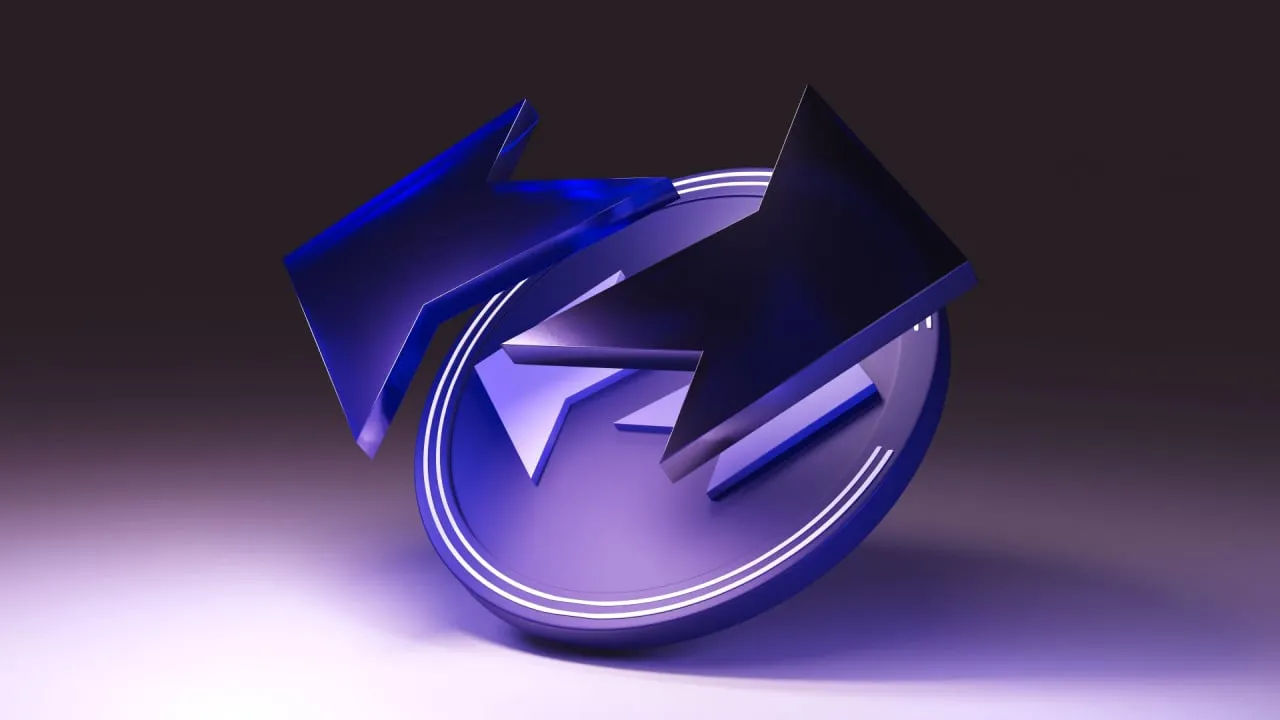
zkSync: Developed by Matter Labs, zkSync is a Layer 2 scaling solution for Ethereum utilizing zk-SNARKs for privacy and scalability. It enables fast, low-cost, and privacy-preserving transactions, supporting both payments and smart contracts.
-
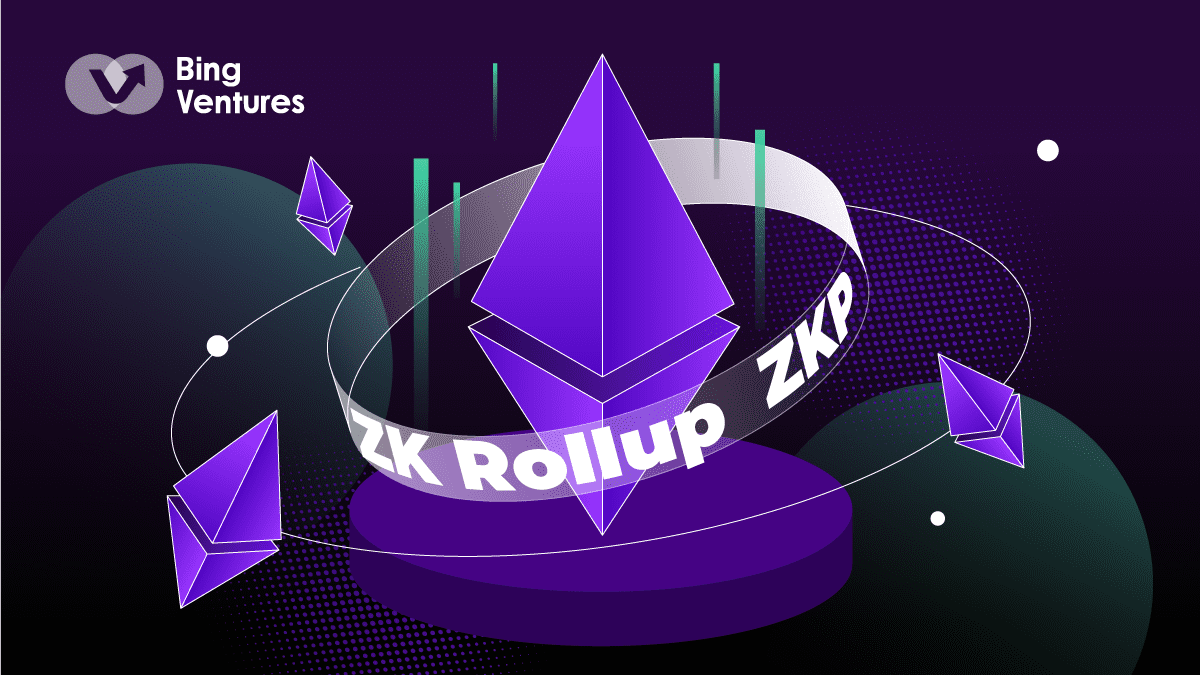
Hermez Network: Now part of Polygon, Hermez is a zk-rollup solution leveraging zk-SNARKs to provide scalable and private transactions on Ethereum. It supports private transfers and efficient batching of transactions.
-

Semaphore: An open-source protocol that uses zk-SNARKs to enable anonymous signaling and voting on Ethereum. Semaphore is widely used for privacy-preserving identity and DAO governance applications.
-

Nightfall: Developed by EY (Ernst & Young), Nightfall uses zk-SNARKs to allow private transactions and asset transfers on Ethereum, focusing on enterprise use cases and supply chain privacy.
From on-chain identity verification to confidential decentralized exchanges, zk-SNARKs are enabling a new class of privacy-preserving dApps. Enterprises, in particular, benefit from the ability to transact and share data on public chains without exposing sensitive business logic or client information.
Coding Example: Verifying a zk-SNARK Proof in Solidity
The following code snippet demonstrates how a Solidity smart contract can verify a zk-SNARK proof using a verifier contract generated by ZoKrates. This pattern is foundational for confidential transactions blockchain solutions:
Solidity Function for Verifying a zk-SNARK Proof with ZoKrates
Below is a Solidity function that verifies a zk-SNARK proof using a verifier contract generated by ZoKrates. This function can be integrated into your smart contract to enable zero-knowledge proof verification on-chain.
// SPDX-License-Identifier: MIT
pragma solidity ^0.8.0;
import "./verifier.sol"; // Import the ZoKrates-generated verifier contract
contract EncryptedSmartContract {
Verifier verifier;
constructor(address _verifierAddress) {
verifier = Verifier(_verifierAddress);
}
// This function verifies a zk-SNARK proof generated by ZoKrates
function verifyProof(
uint[2] memory a,
uint[2][2] memory b,
uint[2] memory c,
uint[1] memory input
) public view returns (bool) {
// Calls the ZoKrates verifier contract
return verifier.verifyProof(a, b, c, input);
}
}
Ensure you have deployed the ZoKrates verifier contract and have its address available when deploying this contract. The function expects the proof parameters (a, b, c) and the public input as generated by ZoKrates.
Common Questions About zk-SNARKs and Ethereum Privacy
The privacy landscape is evolving quickly. For developers and enterprises aiming to stay ahead, continuous learning and engagement with the community are essential. As Vitalik Buterin and other thought leaders highlight, zero-knowledge technology is not just a trend but a foundational pillar of blockchain’s future. The ongoing improvements in scalability, cost-efficiency, and developer experience are making encrypted smart contracts more accessible than ever.
If you’re ready to deepen your expertise in privacy smart contract development or want a comprehensive technical walkthrough, explore our dedicated resource at How to Implement Encrypted Smart Contracts on Ethereum Using zk-SNARKs. The path to confidential, compliant, and scalable blockchain applications starts here.
